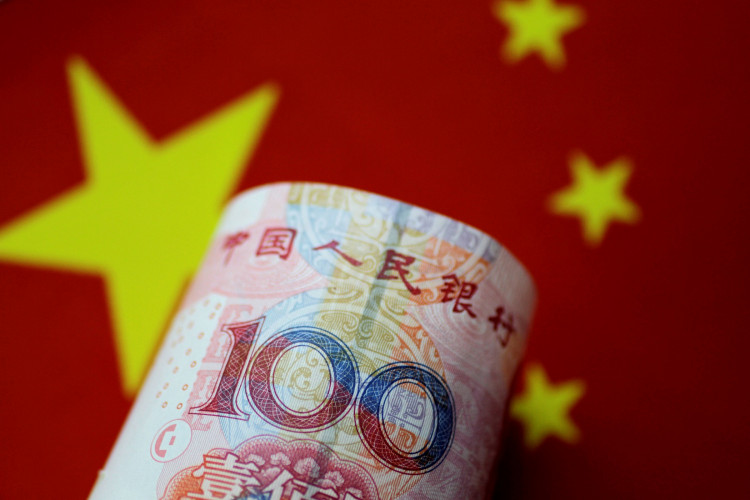China's yuan is steadily gaining ground in international payments, which analysts believe could establish an alternative trade system alongside the dominant US dollar. According to Reuters, recent data reveals that in March, more cross-border transactions with China were settled in yuan than in dollars for the first time. Argentina also announced its intention to regularly pay for Chinese goods in yuan rather than dollars.
The increasing use of yuan in international trade is the result of numerous bilateral agreements that arrange yuan payments with China, from Middle Eastern oil purchases to trade with Brazil and Russia. Although global yuan adoption remains unlikely due to Beijing's desire to maintain control over the currency, incremental progress is already shaping an alternative trade architecture.
"The world's largest commodity exporters and importers - China, Russia and Brazil - are now working together on using renminbi for cross-border payments," said Chi Lo, senior investment strategist at BNP Paribas Asset Management in Hong Kong. "Their cooperation could draw other countries to renminbi payments over time and cumulatively, this group could lift the renminbi at the expense of the dollar," he added.
Russia's war on Ukraine and subsequent Western sanctions have given impetus to this push. Russia has quickly become the fourth-largest yuan-trading hub outside China. The yuan's share of Russia's currency market has jumped to 40% to 45%, up from less than 1% at the beginning of 2022.
Gerard DiPippo and Andrea Leonard Palazzi, economists at Washington's Center for Strategic and International Studies, said, "It will not replace the U.S. dollar globally, but it is already starting to replace the dollar in some of China's trade relationships."
However, Zhang Yu, chief macro analyst at Huachuang Securities in Beijing, pointed out that persuading foreign importers to pay in yuan often takes time. "In most trades, importers have a comparative advantage in determining the terms of trades, such as pricing and settlement currency," he said.
Michael Pettis, senior fellow at Carnegie China, explained that Beijing is attempting to create network effects with the yuan. "The more of us that use it, the cheaper it becomes to use and the more efficient it becomes to use," he said. "By trying to force more and more of its trade into renminbi, Beijing is trying to create network effects that will make use of the renminbi for trade that much easier and with lower frictional costs."




